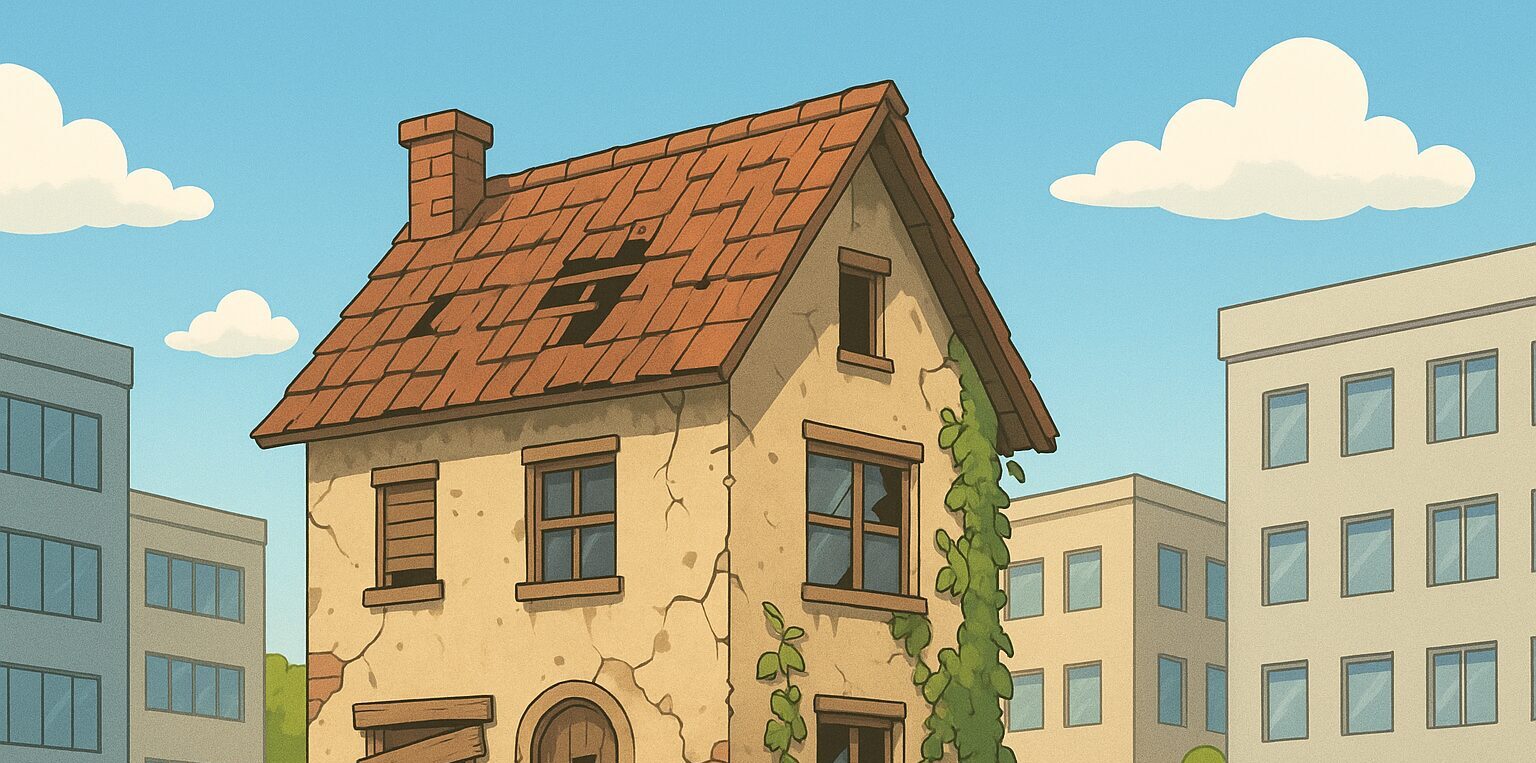ブログ
2025-07-12
Thinking About Renting or Buying an Older Property in Japan? Here’s What to Watch Out For

Thinking About Renting or Buying an Older Property in Japan? Here’s What to Watch Out For
If you’re planning to live in Japan—whether for work, study, or a long-term adventure—you might come across a lot of older buildings called “chikufuru bukken” (築古物件) when searching for a place to live.
These properties can be charming, affordable, and full of character, but they also come with some unique challenges. Here’s what you need to know before signing that contract.
Check the Structure
Older properties may have experienced wear and tear over the decades. Look out for cracks in the walls, uneven floors, or water damage.
Earthquake Safety
Japan is an earthquake-prone country. Buildings constructed before 1981 might not meet modern seismic standards. Ask if it has been retrofitted (耐震補強).
Plumbing and Wiring
Many older homes still have outdated electrical systems or plumbing. Renovated units are safer and more efficient, so ask what has been updated.
Asbestos and Hazardous Materials
Some properties built in the 1970s or earlier may still contain asbestos or lead-based materials. Ask about any risks or past renovations.
Mold and Pests
High humidity and old construction can lead to mold or termite problems. Inspect carefully during property viewings.
Hidden Costs
Older properties are often cheaper to rent or buy—but don’t forget about maintenance, utilities, and potential repairs.
Insulation and Comfort
Many older homes in Japan lack proper insulation. Ask about air conditioning, heating, and window upgrades.
Zoning and Legal Issues
Some older buildings may not comply with current codes, which can limit renovations. Check with local authorities if buying.
The Neighborhood
Older homes may be located in less developed areas. Consider access to public transport, supermarkets, and hospitals.
Renovation Rules and History
Properties with historical value may have restrictions on renovations. Ask about the building’s renovation history.
Final Thoughts
Living in a chikufuru bukken can be a great experience if you’re prepared. Ask questions, inspect carefully, and work with a reliable real estate agent who understands the market.
Got questions about finding housing in Japan? Feel free to reach out or leave a comment!